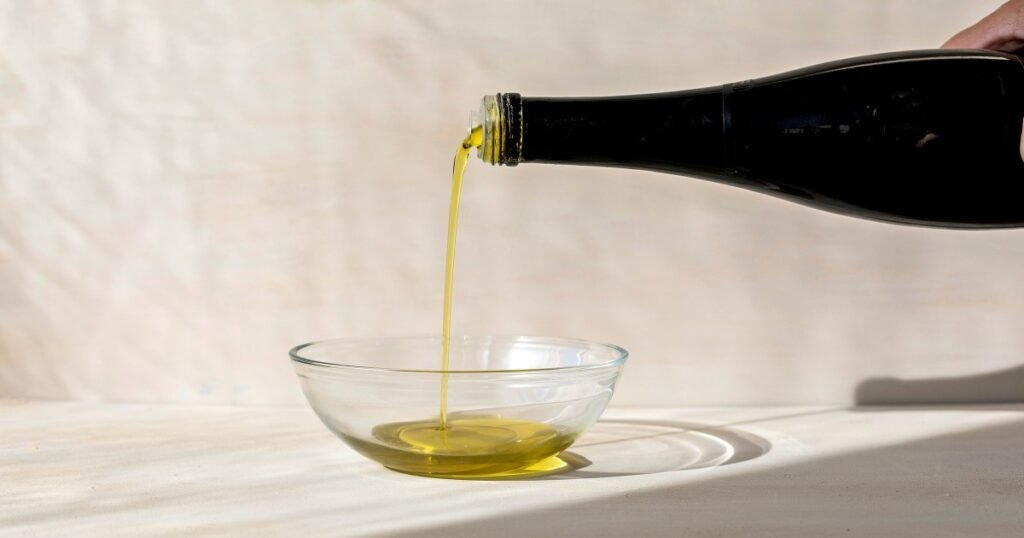Olive oil is considered a key ingredient in the Mediterranean diet, which is often hailed as the healthiest way to eat by many nutrition experts. Swapping olive oil for other fats is an easy way to improve health, as it offers numerous benefits. Olive oil is high in monounsaturated fats, which can help lower bad LDL cholesterol. It also contains over 30 types of phenolic compounds, antioxidants that protect cells from harmful free radicals. These compounds also have prebiotic activity, promoting the growth of beneficial bacteria in the gut microbiome, which is crucial for overall health.
When shopping for olive oil, consumers will typically encounter three types: extra virgin olive oil, olive oil, and light olive oil. Extra virgin olive oil is the least processed and most flavorful option, while olive oil is a blend of extra virgin and more processed oils, with a milder taste. Light olive oil, on the other hand, is flavorless due to processing. To ensure quality, it is recommended to purchase olive oil in dark, undamaged bottles, and to store it in a cool, dark place such as a pantry cabinet. Properly stored olive oil can last up to two years.
Olive oil is associated with numerous health benefits when used in place of unhealthy fats. It can aid in wound healing, protect against skin cancer, and improve skin health by increasing collagen production. However, it may also lead to dry and irritated skin in some cases, so consulting a dermatologist before using it topically is advisable. Additionally, applying olive oil to hair can help seal the cuticle, moisturize, and add shine. Olive oil also benefits heart health, with studies showing a lower risk of heart disease when replacing unhealthy fats with olive oil.
In terms of brain health, olive oil has been found to protect against cognitive decline and reduce the risk of fatal dementia. Consuming olive oil has also been associated with a lower risk of cancer, with those who consume the most olive oil having a reduced risk of various cancers. Experts recommend consuming 1 to 4 tablespoons of olive oil daily to reap its benefits. It is recommended to incorporate olive oil into meals rather than drinking it, as chewing food helps with fullness and regulates food intake. Olive oil can be used in various cooking methods, including roasting, baking, sautéing, stir-frying, salad dressings, and marinades.
Incorporating olive oil into one’s diet can be done in numerous ways to boost health benefits. Studies have shown that olive oil is stable when cooking at high temperatures and transfers its antioxidants and phenol compounds to food, making dishes healthier. From drizzling it over hummus and yogurt to adding it to scrambled eggs or vanilla ice cream, there are countless ways to incorporate olive oil into daily meals. By using olive oil in place of unhealthy fats, individuals can improve their overall health and well-being.

